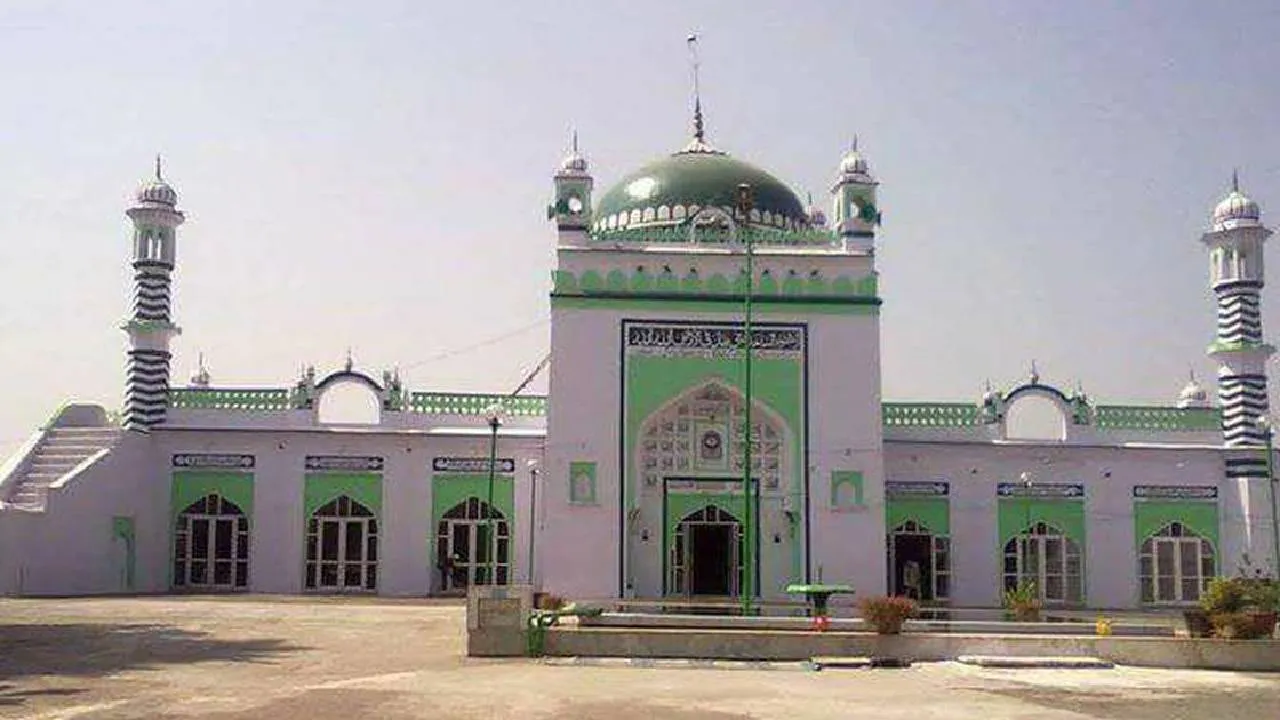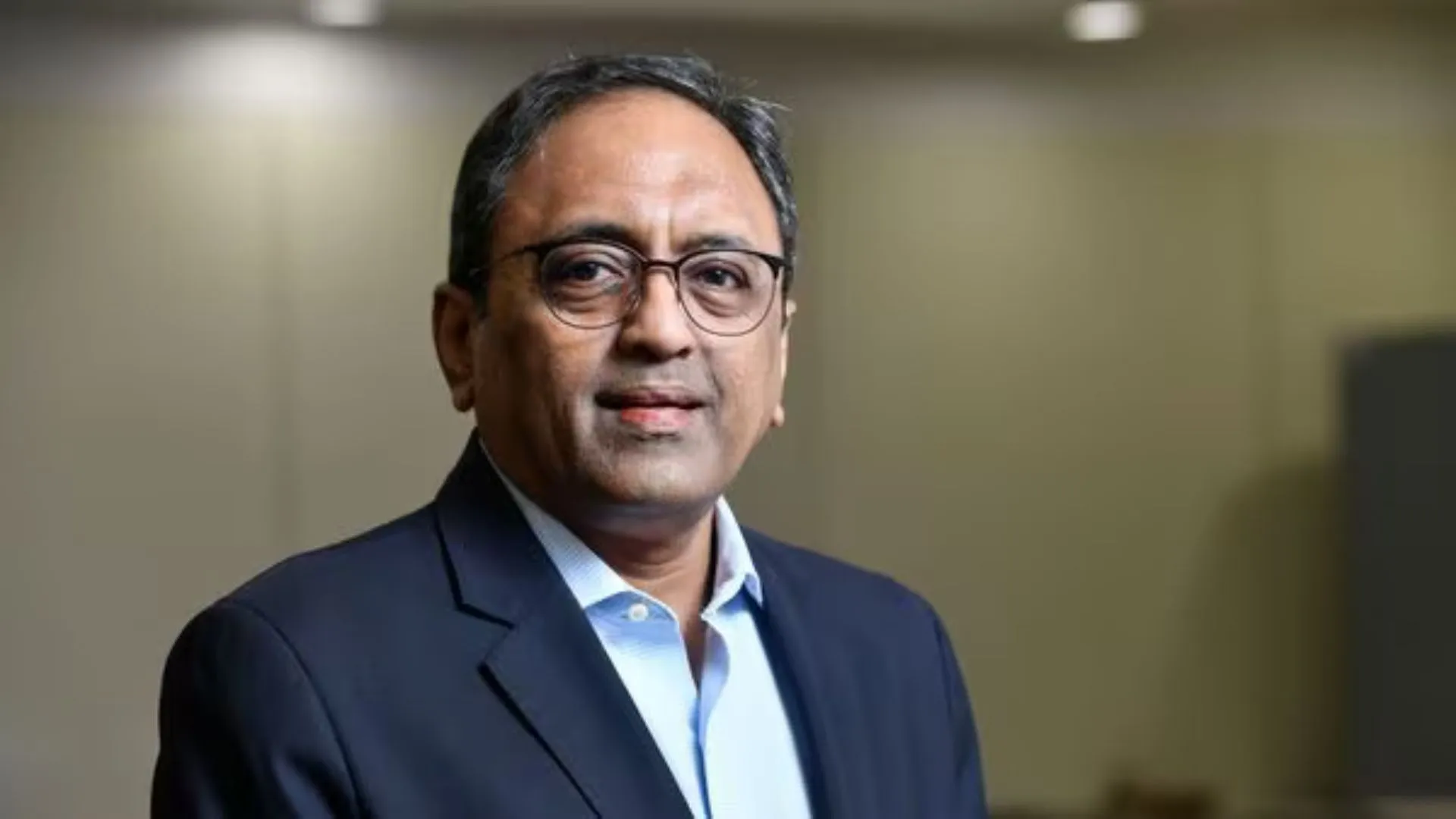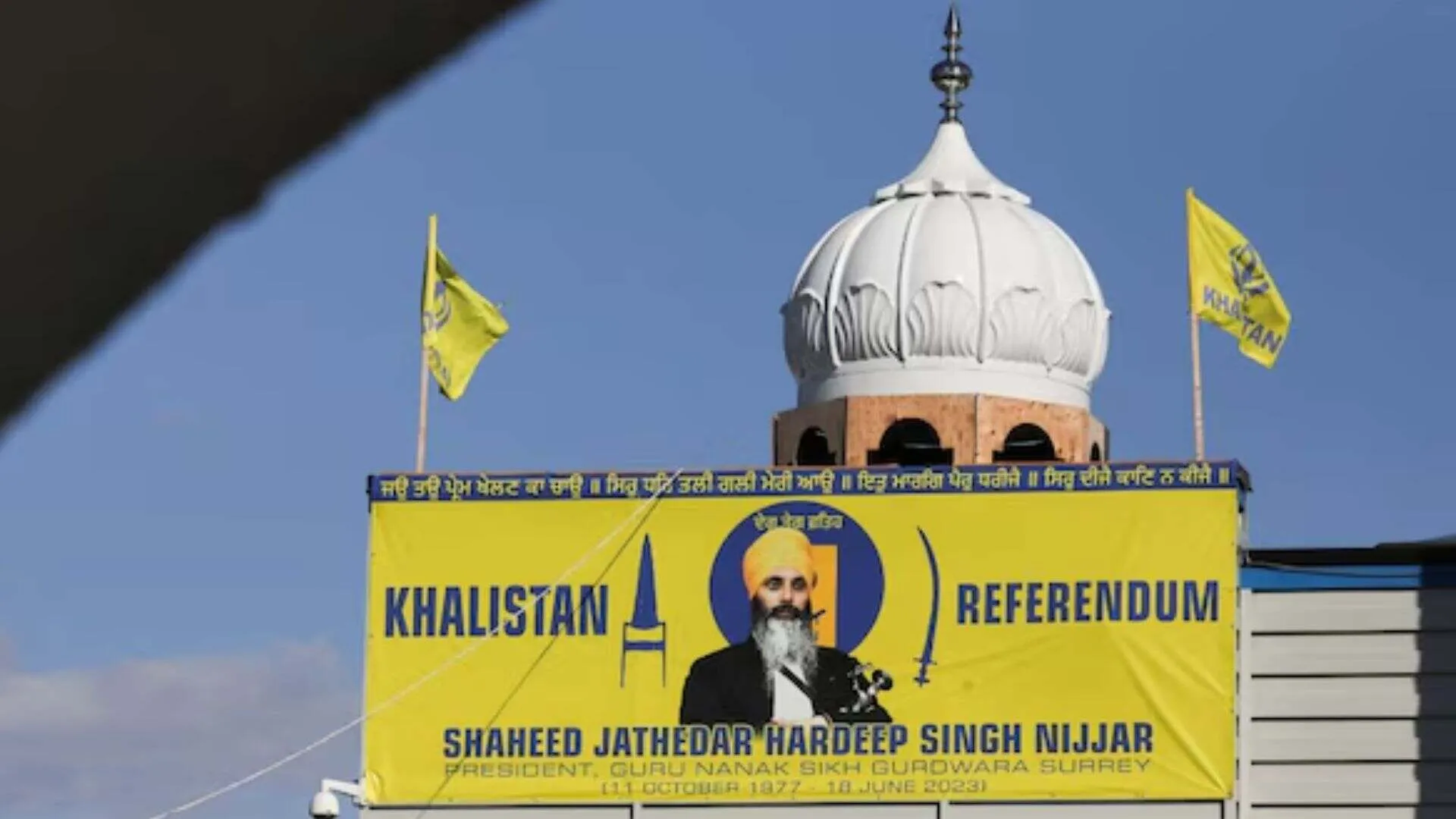While demonstrating supreme concern on the innumerable sufferings faced by the migrant labourers, the Supreme Court as recently as on June 29, 2021 in a latest, learned, laudable and landmark judgment titled In Re: Problems And Miseries Of Migrant Labourers in Suo Motu Writ Petition (Civil) No. 6 of 2020 with Writ Petition (C) No. 916 of 2020 in exercise of its civil original jurisdiction has minced absolutely just no words to make it pretty clear that the fundamental right to life enshrined in Article 21 of the Constitution may be interpreted to include right to live with human dignity, which may include the right to food and other basic necessities. The top court has directed all the States to implement the “one nation, one ration card” scheme and to run community kitchens for migrants. It also very rightly postulated that, “The Right to Life as guaranteed by Article 21 of the Constitution gives right to every human being to live a life of dignity with access to at least bare necessities of life.”
To start with, this notable 80-page judgment authored by Justice Ashok Bhushan for himself and Justice MR Shah sets the ball rolling right from the scratch by first and foremost observing in para 1 that, “The Worldwide Pandemic COVID-19 engulfed this country in March, 2020 and continues till date changing its face from time to time. Different mutations in the virus have made it dangerous and fatal at times. The pandemic had affected each and every person in the world including all citizens of this country. The pandemic has adversely affected all businesses including the small scale businesses, industries, markets and smallest of the person.”
While highlighting the plight and cause of plight of migrant labourers, the Bench then puts forth in para 2 that, “One of the groups, which were severally affected by the pandemic, was the migrant labouers. When Nationwide Lockdown was declared on 24.03.2020, after few days, there was huge exodus of the migrant labourers from their place of work to their native places. Two primary reasons which resulted in the exodus were cessation of employment due to lockdown and fear of the pandemic. When large number of migrant labourers started walking on highways on foot, cycles and other modes of transports without food and facing several untold miseries, this Court suo motu took cognizance of the problems and miseries of the migrant labourers by its order dated 26.05.2020 on which date, this Suo Motu Writ Petition had been registered. We had issued the notice to the Union of India and all States / Union Territories and directed the learned Solicitor General to assist the Court and by the next date of hearing bring in the notice of the Court all measures and steps taken by the Government of India and to be taken in this regard.”
To put things in perspective, the Bench then discloses in para 3 that, “In pursuance of our order dated 26.05.2020 affidavits were filed. Apart from filing of affidavit by the Central Government, States/Union Territories, few persons also filed intervention application in this writ petition bringing into notice of this Court several facts, figures and suggested different measures for ameliorating the conditions of the migrant labourers. One of the major issues, which, at that time, was to be tackled by the States and Union Territories was the transportation of migrant labourers from their work place to their native places.”
While elaborating on the directions it had issued, the Bench then envisages in para 4 that, “We had issued certain directions on 28.05.2020 and thereafter issued further directions on 09.06.2020, in paragraph 26 of which order, we noticed following:-
“26. As noted above, the State and Union Territories in their affidavits have referred to various measures, the orders and guidelines issued by the Central Government, the orders issued by the National Executive Committee under the Disaster Management Act, 2005, policies and decisions taken by the concerned States. The States and Union Territories claimed to be following all directions and policies and taking necessary steps for running the relief camps, shelter camps, attending the needs of food and water of the migrants, attending the requirement of transportation of migrant workers to their native places. There can be no exception to the policies and intentions of the State but what is important is that those on whom implementation of circulars, policies and schemes are entrusted are efficiently and correctly implementing those schemes. Lapses and short-comings in implementing the schemes and policies have been highlighted by various intervenors in their applications and affidavits. The responsibility of the States/Union Territories is not only to referring their policy, measures contemplated, funds allocated but there has to be strict vigilance and supervision as to whether those measures, schemes, benefits reaches to those to whom they are meant. We impress on States and Union Territories to streamline the vigilance and supervision of actions of their officers and staff and take appropriate action where required. We also have no doubt that most of the officers, staff of administration and police are discharging their duties with devotion and hard-work but the lapses have to be taken note of and remedial action be taken. We further notice from the materials on record that police officers of States, para-military forces wherever deployed are doing commendable job but some instances of excess with regard to migrant labourers are also there. The migrant labourers, who were forced to proceed to their native place, after cessation of their employment are already suffering. The Financial difficulty being with all the migrant labourers invariably they have to dealt by the police and other authorities in a humane manner. The concerned Director General of Police/Police Commissioner may issue necessary directions in this regard.””
In addition, the Bench then states in para 5 that, “Further eight directions were issued by this Court by Order dated 09.06.2020, which were to the following effect:-
“35. We, thus, in addition to directions already issued by our order dated 28.05.2020 and measures as directed above, issue following further directions to the Central Government, all States and Union Territories: (1) All the States/Union Territories shall take all necessary steps regarding identification of stranded migrant workers in their State which are willing to return to their native places and take steps for their return journey by train/bus which process may be completed within a period of 15 days from today.
(2) In event of any additional demand, in addition to demand of 171 Shramik trains, as noticed above, railway shall provide Shramik trains within a period of 24 hours as submitted by learned Solicitor General to facilitate the return journey of migrant workers.
(3) The Central Government may give details of all schemes which can be availed by migrant workers who have returned to their native places.
(4) All States and Union Territories shall also give details of all schemes which are current in the State, benefit of which can be taken by the migrant labourers including different schemes for providing employment.
(5) The State shall establish counselling centres, help desk at block and district level to provide all necessary information regarding schemes of the Government and to extend helping hand to migrant labourers to identify avenues of employment and benefits which can be availed by them under the different schemes.
(6) The details of all migrant labourers, who have reached their native places, shall be maintained with details of their skill, nature of employment, earlier place of employment. The list of migrant labourers shall be maintained village wise, block wise and district wise to facilitate the administration to extend benefit of different schemes which may be applicable to such migrant workers.
(7) The counselling centres, established, as directed above, shall also provide necessary information by extending helping hand to those migrant workers who have returned to their native places and who want to return to their places of employment.
(8) All concerned States/UTs to consider withdrawal of prosecution/complaints under Section 51 of Disaster Management Act and other related offences lodged against the migrant labourers who alleged to have violated measures of Lockdown by moving on roads during the period of Lockdown enforced under Disaster Management Act, 2005.””
Briefly stated, the Bench then also reveals in para 6 that, “In pursuance of our directions dated 09.06.2020, all States/Union Territories took steps and within a short period, migrant labourers were transported to their native places. On 31.07.2020, the matter was again heard. We, in our order dated 09.06.2020, had referred to following three enactments:-
i) Inter-State Migrant Workmen (Regulation of Employment and Conditions of Service)Act, 1979;
ii) Construction Workers (Regulation of Employment and Conditions of Service) Act, 1996; and
iii) Unorganized Workers’ Social Security Act, 2008.”
While elaborating further, the Bench then suavely adds in para 7 that, “We had directed all the States to file their response in respect to implementation of the aforesaid three enactments. On 31.07.2020, we further granted three weeks’ time to the States to file affidavit in compliance to order dated 09.06.2020. In pursuance of our orders dated 09.06.2020 and 31.07.2020, Central Government, States and Union Territories took various measures to implement the orders of this Court and to remedy the grievances of the migrant labourers. The measures taken by different Governments although could not fully ameliorate the conditions of the migrant labourers but brought some solace in the first wave of pandemic and willing migrant labourers reached their native places. It has also been submitted that after few months, large number of migrant labourers again proceeded to their work place in search of employment since at their native place, they were not able to get suitable employment to sustain themselves.”
Going ahead, the Bench then also while dwelling on the corona pandemic brought out in para 8 that, “The Covid-19, which was declared pandemic by World Health Organisation on 30th January, 2020 continues even today. The intensity of the pandemic varied from time to time, after March, 2021, the second wave of pandemic hit the country and the number of cases started increasing throughout the country. The different States including NCT Delhi took different measures including restrictions, night curfews and lockdown in April, 2021. There has been the migrant workers working at several places including NCT Delhi, State of Maharashtra, State of Gujarat, State of Karnataka, who again started proceeding to their native places fearing the same situation which occurred in first nationwide lockdown, which was imposed in March, 2020. An I.A. No.58769 of 2021 was filed in the writ petition seeking directions from the Court specifically praying for direction to distribute dry ration to migrant workers, facilitating their transport either by road or by train to their native places and with request to direct for running of community kitchen for migrant labourers so that they and their family members could get two meals a day.”
In hindsight, while recalling its own interim directions, the Bench then elucidated in para 9 stating that, “On 13.05.2021, we while entertaining the petition and asking the few States for reply, issued following interim directions:-
“[2.0] After having heard learned counsel for the parties we direct the Central Government as well as the Government of State of NCT of Delhi, State of U.P. and State of Haryana (for the Districts included in the NCR) to file a reply to the application suggesting means and measures by which they shall ameliorate miseries of stranded migrant labourers. We also issue notice on the application to State of Maharashtra, State of Gujarat and State of Bihar to file their reply giving the details of the measures which they propose to take to ameliorate the miseries of migrant workers regarding transportation of stranded migrant workers and providing dry ration as well as cooked meals to the stranded migrant workers. In the meantime, 7 we issue following interim directions:
(1) Dry ration to migrant workers in National Capital Region under Atma Nirbhar Bharat Scheme or any other scheme be provided by the Union of India, NCT of Delhi, State of U.P. and State of Haryana utilising the Public Distribution System prevalent in each State with effect from May, 2021. While providing dry ration the authorities of the States shall not insist on an identity card for those migrant labourers who do not possess for the time being and on self-declaration made by the stranded migrant labourers dry ration be given to them.
(2) NCT of Delhi, State of U.P. and State of Haryana (for the Districts included in the NCR) shall ensure that adequate transport is provided to stranded migrant labourers (in the National Capital Region) who want to return to their home. The District Administration in coordination with Police Administration may identify such stranded migrant labourers and facilitate their transport either by road transport or train. The Union of India may also issue necessary instructions to Ministry of Railways to take necessary and adequate measures to cater the need of migrant labourers.
(3) NCT of Delhi, State of U.P. and State of Haryana (for the Districts included in the NCR) shall open community kitchen at well advertised places (in the National Capital Region) for stranded migrant labourers so that they and their family members who are stranded could get two meals a day.””
In retrospect, the Bench then again recalled in para 10 that, “Subsequent to the order dated 13.05.2021, the matter was again heard by this Court on 24.05.2021 and in paragraphs 14 and 15, we had made following directions:-
“14. The Union of India in its letter dated 26.04.2020, which has been brought on record as Annexure R-14 has also stated that efforts should be made by States/Union Territories to encourage migrant NFSA beneficiaries to use the facility of portability under One Nation One Ration Card (ONORC) to those migrants.
15. We, thus, direct that migrant workers wherever stranded throughout the country should be provided the dry ration under the Atma Nirbhar Scheme or any other scheme is found suitable by the States/Centre.””
To say the least, the Bench then stated in para 11 that, “The writ petition again came for hearing before this Court on 11.06.2021, on which day, after hearing learned counsel for the parties including learned counsel for the intervenors, we closed the hearing.”
Most significantly, the Bench then observes in para 32 which forms the cornerstone of this brief, brilliant, balanced and bold judgment that, “There has been worldwide awareness regarding right to food to human being. Our country is no exception. Lately, all Governments have been taking steps and taking measures to ensure that no human being should be affected by hunger and no one dies out of hunger. The basic concept of food security globally is to ensure that all people, at all times, should get access to the basic food for their active and healthy life. The Constitution of India does not have any explicit provision regarding right to food. The fundamental right to life enshrined in Article 21 of the Constitution may be interpreted to include right to live with human dignity, which may include the right to food and other basic necessities.”
Finally, the Bench then holds in para 80 that, “In view of the foregoing discussions and our conclusions, we dispose of the writ petitions with the following directions:-
(i) It is directed that the Central Government to develop the Portal in consultation with National Informatics Centre (NIC) for registration of the unorganized labourers/migrant workers. We also impress upon and direct that the Central Government as well as the respective States and the Union Territories to complete the process of Portal for registration under National Data Base for Unorganised Workers (NDUW Project) as well as implement the same, which by all means may commence not later than 31.07.2021. We also impress upon and direct that the process of registration of the unorganized labourers/migrant workers is completed at the earliest, but not later than 31.12.2021. All the concerned States/Union Territories and the Licence Holders/Contractors and others to cooperate with the Central Government to complete the process of registration of migrant workers and unorganized labourers so that the benefits of the welfare schemes declared by the Central Government/State Governments/ Union Territories be available to migrant workers and unorganized labourers for whose benefits the welfare schemes are declared.
(ii) The Central Government having undertaken to distribute additional quantity of foodgrains as demanded by the States/Union Territories for distribution to migrant labourers under some Scheme framed by the States, we direct the Central Government, Department of Food and Public Distribution (Ministry of Consumer Affairs, Food and Public Distribution) to allocate and distribute foodgrains as per demand of additional food-grains from the States for disbursement of dry foodgrains to migrant labourers.
(iii) We direct the States to bring in place an appropriate scheme for distribution of dry ration to migrant labourers for which it shall be open for States to ask for allocation of additional foodgrains from the Central Government, which, as directed above, shall provide the additional foodgrains to the State. The State shall consider and bring an appropriate Scheme, which may be implemented on or before 31.07.2021. Such scheme may be continued and operated till the current pandemic (Covid-19) continues.
(iv) The States, who have not yet implemented “One Nation One Ration Card” scheme are directed to implement the same by not later than 31.07.2021.
(v) The Central Government may undertake exercise under Section 9 of the National Food Security Act, 2013 to re-determine the total number of persons to be covered under the Rural and Urban areas of the State.
(vi) We direct all the States/Union Territories to register all establishments and license all contractors under the Act, 1979 and ensure that statutory duty imposed on the contractors to give particulars of migrant workers is fully complied with.
(vii) The State/Union Territories are directed to run community kitchens at prominent places where large number of migrant labourers are found for feeding those migrant labourers who does not have sufficient means to procure two meals a day. The running of the community kitchen should be continued at-least till pandemic (Covid-19) continues.”
In essence, all the States and the Central Government must comply with what has been explicitly, elegantly and effectively directed by the two Judge Bench of the Apex Court comprising of Justice Ashok Bhushan and Justice MR Shah as stated hereinabove. Centre as also all the States must take this commendable, cogent and courageous yet composed judgment in the right spirit and take all necessary steps to comply with what has been laid down in this noteworthy judgment. The Apex Court has rightly underscored that right to life under Article 21 includes right to food and other basic necessities.























